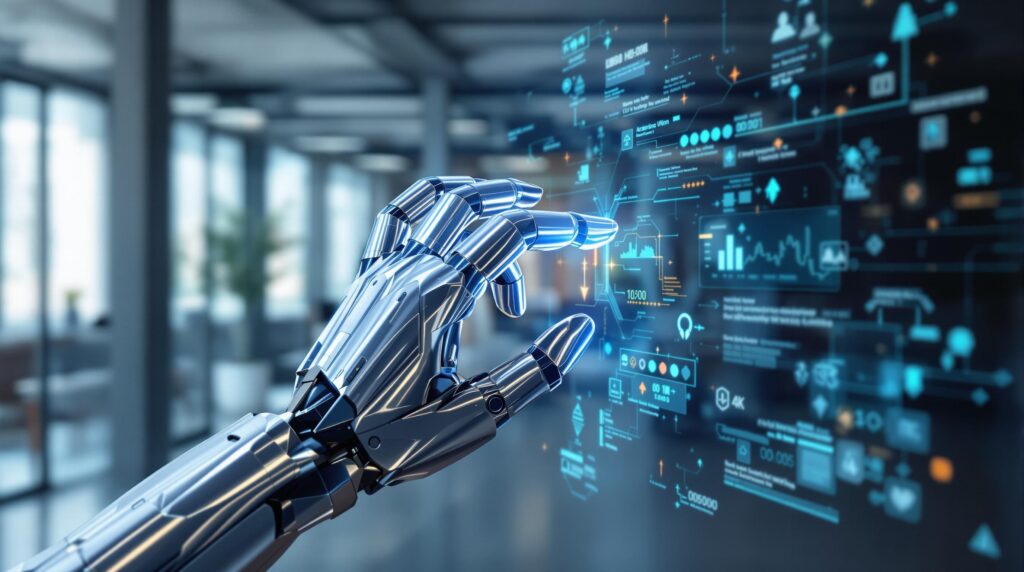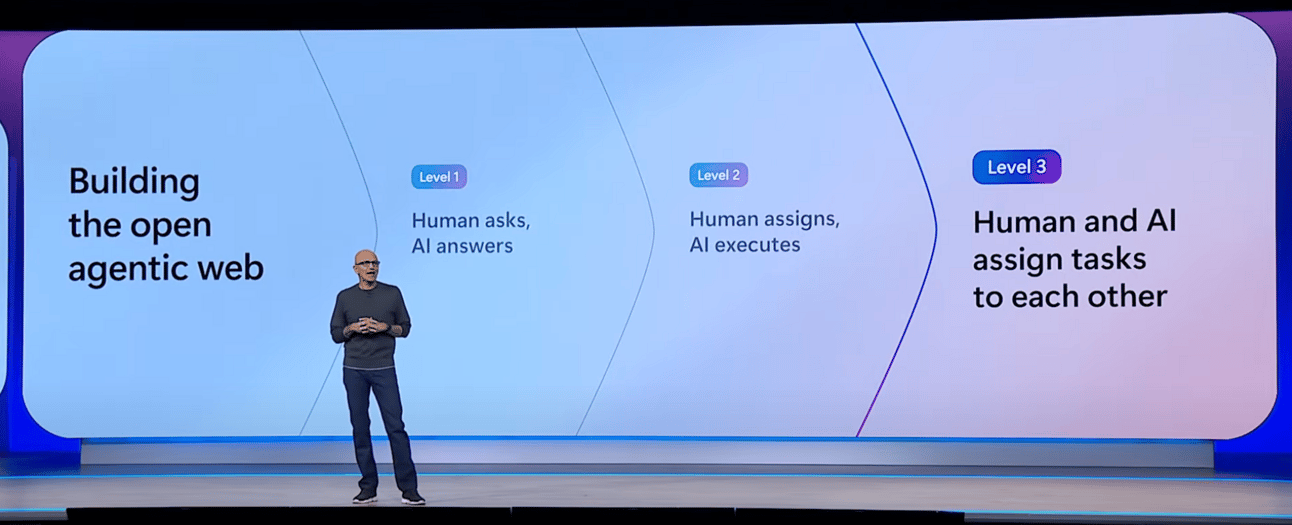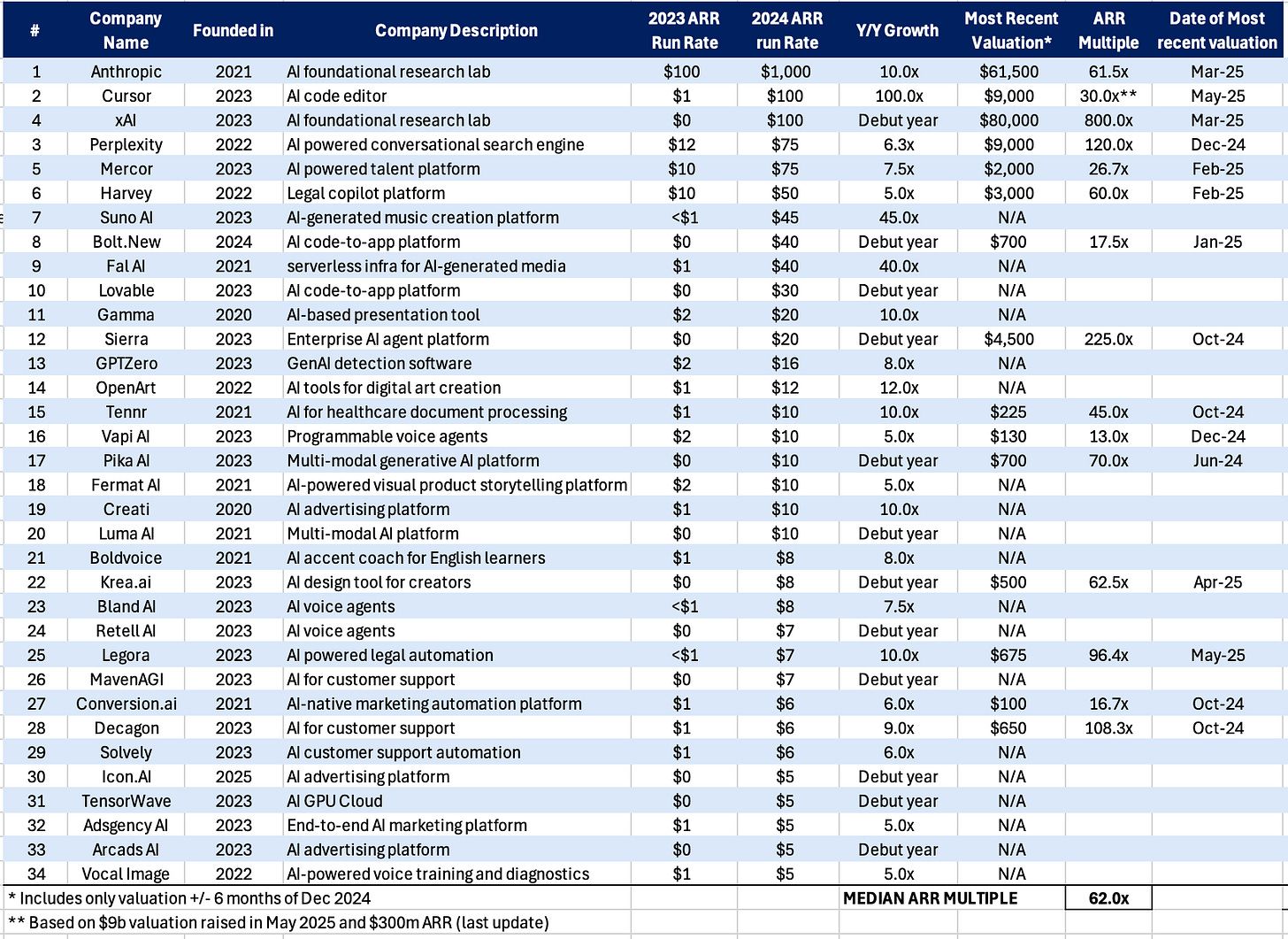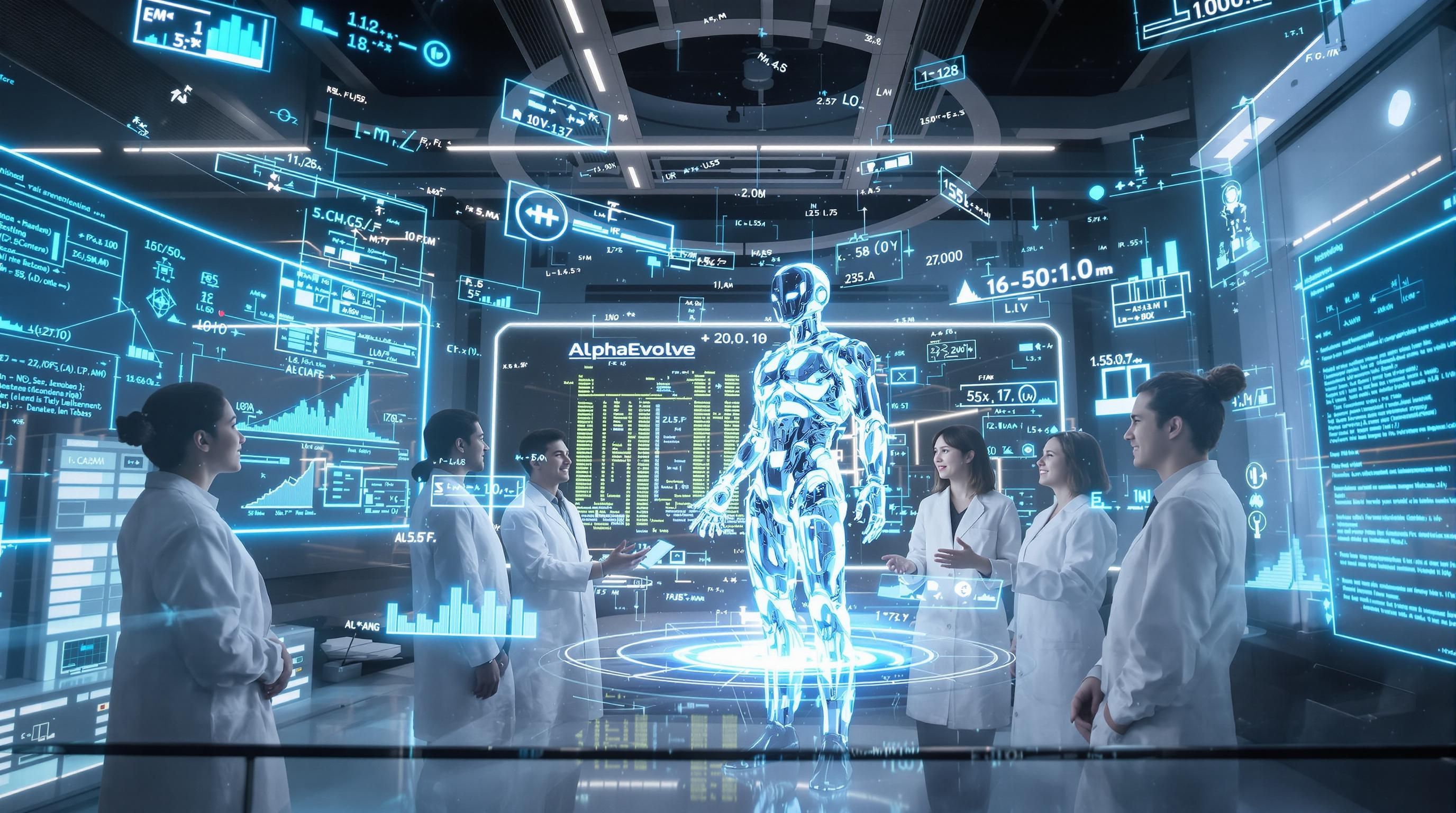20250521 – Navigating the AI Revolution: From Agentic Web to AI-Native Companies

Explore the dynamic landscape of AI as Microsoft redefines software with agentic web and open-source tools, while startups on the ‘555’ AI list excel with explosive growth. Learn how companies like Rekki are becoming AI-native, empowering teams to innovate, and see how industry leaders prototype with AI. Discover DeepMind’s self-evolving systems, and harness custom GPTs for better management in this insightful synthesis of AI’s transformative journey.
1. 8 Things You Need To Know About Agentic Web
Microsoft’s recent announcement at Microsoft Build highlights their strategic shift towards the agentic web, emphasizing AI agents as central business entities. They introduced over 50 new features, including enhanced interoperability through protocols like MCP and A2A, and tools like Azure AI Foundry for managing AI agents. Microsoft is focusing on open-source initiatives and a cohesive platform to redefine software development and business operations, positioning agents as integral to future technological interactions.
Read more: https://feedyour.email/posts/pbx63d74dnbi7ptxd1s8jqgs

2. The “555” AI List
The “555” AI List by Kelvin Mu highlights AI startups that have achieved over $5 million in annual recurring revenue, grown at least five times year-over-year, and were formed after 2020. These companies are experiencing rapid growth, with a median revenue multiple significantly higher than the public SaaS average, and many are leveraging AI-native advantages with small teams. The article emphasizes that growth is the primary driver of valuation for these companies, and many are innovating beyond traditional language processing, focusing on prosumer and SMB markets, and using foundation models as a substrate rather than developing their own.
Read more: https://kelvinmu.substack.com/p/the-555-ai-list

3. An AI “Metamorphosis”: Transforming into an AI-native company.
Becoming an AI-native company involves a fundamental transformation in how work is approached, moving beyond simply integrating AI tools into existing processes. At Rekki, this transformation meant empowering all employees to solve their own problems by enabling them to code, thus dissolving traditional bottlenecks between technical and non-technical teams. This shift requires leaders to focus on building secure and reliable platforms that allow domain experts to address their own challenges, while also overcoming psychological barriers that limit who is perceived as capable of coding.
Read more: https://www.sarahtavel.com/p/an-ai-metamorphosis-transforming

4. Microsoft CPO: If you aren’t prototyping with AI you’re doing it wrong | Aparna Chennapragada
Aparna Chennapragada, Microsoft’s Chief Product Officer of Experiences and Devices, discusses the evolving role of AI in product development, emphasizing the importance of prototyping and the shift towards natural language experiences (NLX) as the new user experience (UX). She highlights the need for a “two-product” mindset in enterprise AI, balancing innovation with governance, and describes how the role of product managers is transforming into tastemakers and editors in the AI era. Additionally, she shares insights on leadership differences between Microsoft’s Satya Nadella and Google’s Sundar Pichai, and the vision for human and AI collaboration in the workplace.
Read more: https://www.lennysnewsletter.com/p/microsoft-cpo-on-ai

5. AI Improves at Self-improving
AlphaEvolve, developed by Google DeepMind, is a self-improving AI system that enhances its own code and algorithms, leading to significant advancements in areas like data center optimization and mathematical breakthroughs. The system relies on human-provided problems and evaluation metrics to iteratively improve code, achieving state-of-the-art results in many tasks. Despite its achievements, AlphaEvolve still requires human input and cannot yet create itself from scratch, highlighting the ongoing role of humans in AI development.
Read more: https://youtube.com/watch?v=RH4hAgvYSzg

6. How custom GPTs can make you a better manager | Hilary Gridley (Head of Core Product at Whoop)
Hilary Gridley, Head of Core Product at Whoop, explains how she uses custom GPTs to enhance her management skills by automating feedback and decision-making processes, allowing her to focus on more strategic tasks. She shares a step-by-step guide on creating GPTs that mimic her decision criteria, turning her expertise into clear evaluation rubrics for consistent AI application. This approach helps improve team communication and writing, making GPTs a valuable tool for scaling effective management practices without needing prompt engineering skills.
Read more: https://www.lennysnewsletter.com/p/how-custom-gpts-can-make-you-a-better-manager

That’s all for today’s Curated AI-Native Blogs and Podcasts. Join us at AI Native Foundation Membership Dashboard for the latest insights on AI Native, or follow our linkedin account at AI Native Foundation and our twitter account at AINativeF.